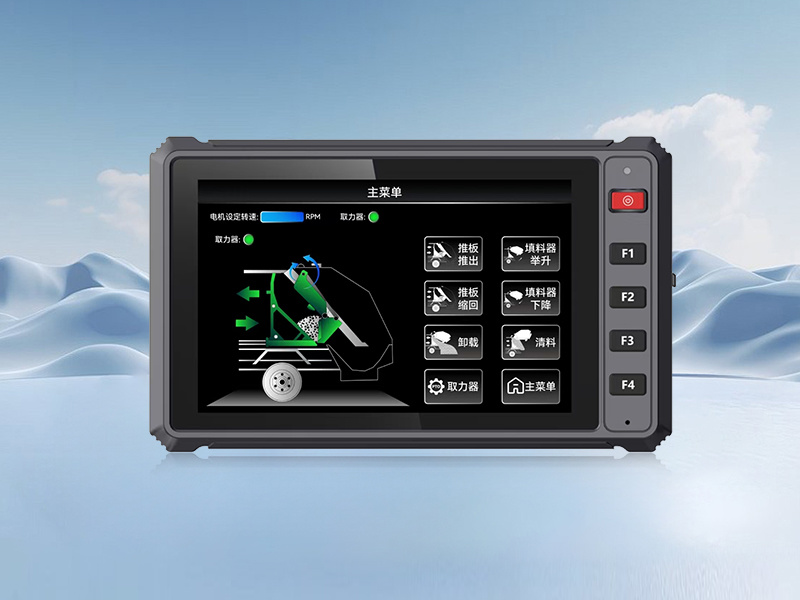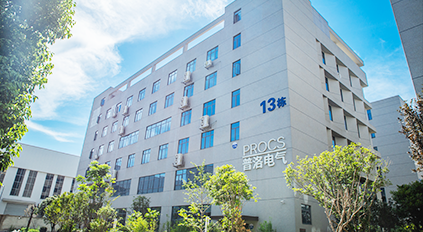Zhang Qiang, President of Vito China: Combined with the rich practice of "industrial 4.0" in Germany, these three points can be used for reference by Chinese enterprises in the transformation of intelligent manufacturing.
Reengineering workshop
On October 17, the 2019 World Intelligent Manufacturing Conference co-sponsored by the People's Government of Jiangsu Province, the Ministry of Industry and Information Technology, the Chinese Academy of Engineering, and the China Association for Science and Technology kicked off in Nanjing. With the theme of "New Vision of Intelligence, New Future of Industry", this conference started from the three dimensions of "new thinking, new business type and new technology" and created four major plate systems: press conference, summit, carnival and exposition.
Zhang Qiang, president of Weitu Electronic Machinery Technology (Shanghai) Co., Ltd., accepted an exclusive interview with the financial client of Xinhua Daily. He said that enterprises should not be intelligent for the sake of intelligence. They should first deeply understand the problems faced by enterprises, what they need to do, and how they can be implemented step by step to finally achieve their goals.
Digital transformation starts with changing perceptions
From the concept of German industrial 4.0 to the "Made in China 2025", the traditional industrial manufacturing field is facing tremendous changes and efficiency improvements, and digital transformation is imminent.
In Zhang Qiang's view, many Chinese manufacturing companies often encounter two problems when doing digital transformation.
First of all, digital transformation is not only a technological revolution, but also a cognitive revolution, a revolution in the way of thinking and business model. In other words, technology is based on people, or how managers see the future of the business.
Secondly, true digitalization will bring about changes in corporate decision-making and processes, and even have a profound impact on corporate talent and culture.
Zhang Qiang said that in order to comply with the trend of digital development in the manufacturing industry, Ritu proposed a "software and hardware service" value chain system, which provides the market with an overall solution that can cover engineering and software development, manufacturing, automation and services, and can help customers efficiently Realize automated production, which is a typical case of intelligent manufacturing in industrial practice.
Small step run
Combined with industrial 4.0 experience, boost the development of China's manufacturing industry
Combined with Ritu's rich practice in "industrial 4.0", Zhang Qiang put forward three points for Chinese enterprises to further accelerate the transformation of intelligent manufacturing.
First of all, enterprises must understand where the problems they are facing and what the ultimate goal is to be achieved, and make an overall and long-term plan, and then implement it step by step.
Second, cross-border integration is also one of the typical characteristics of digitalization, so in the process of implementation, we need to consider finding some partners with rich practical experience to jointly promote digital transformation and intelligent manufacturing.
Third, whether it is the German "Industrial 4.0" plan or the "Made in China 2025" plan, the most basic point is the improvement of quality. Therefore, we must first develop to the upstream of intelligent manufacturing, starting from the design, so that intelligent manufacturing is the active manufacturing service. Similarly, if there is a good design, but the manufacturing equipment cannot provide complete and efficient feedback, or cannot transform the design into actual products, high-quality intelligent manufacturing cannot be achieved.








